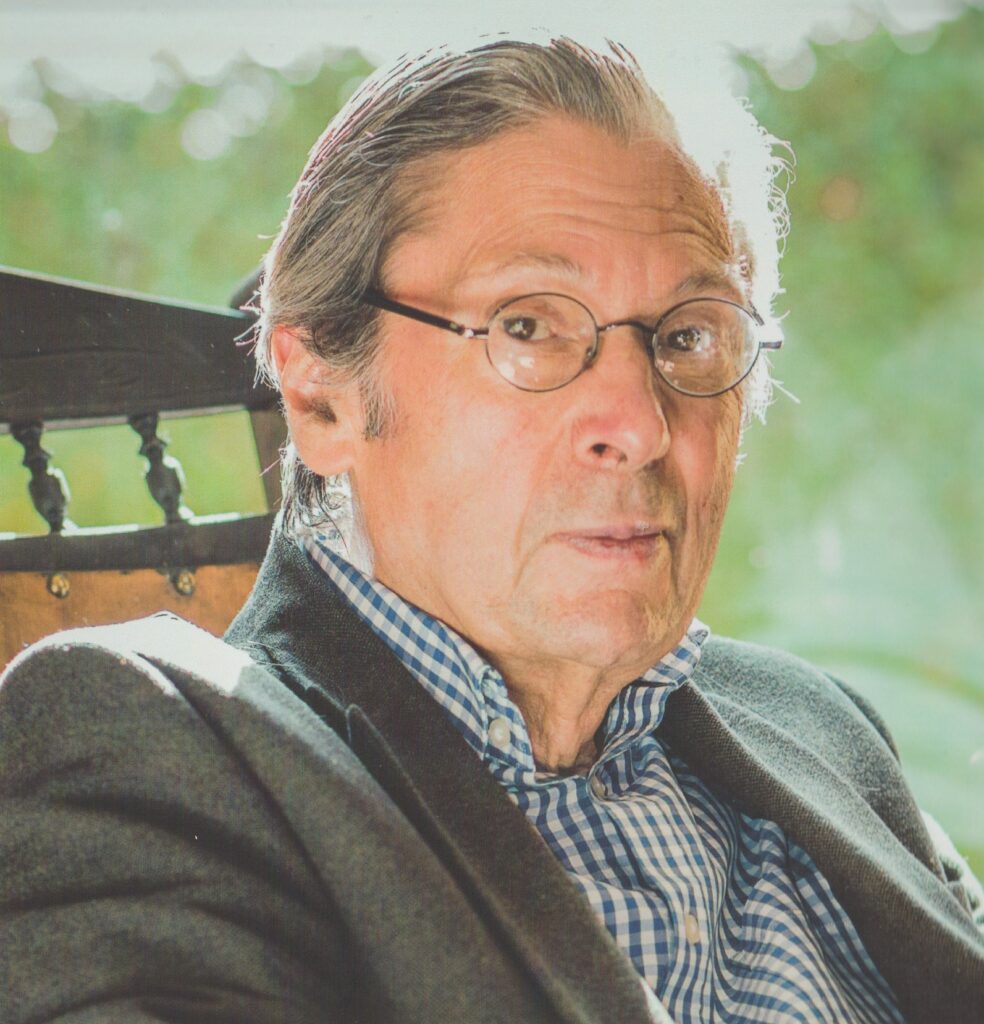
Those of our readers with an interest in freethought and radical history will be saddened to learn of the death of Michael Laccohee Bush on 18 May at the age of 87. Michael was an eminent researcher and historian, originally a medievalist but one who later developed a passion for studying the life and works of heroic, freethinking, radical figures like Thomas Paine and his disciple, Richard Carlile.
Over the past few years, and since my own retirement, I developed a friendship with Michael based on our shared enthusiasm for antiquarian books, memories of Manchester, and our admiration for the courage, determination, and intellect of our freethought heroes. I shall treasure my memories of meeting him at London book fairs and, more recently, sitting in his comfortable, almost quaint, lounge surrounded by books specially selected for my visit, admiration, and education.
Treasures I recall include an immaculate first edition of Paine’s The Age of Reason, an early edition of Carlile’s Every Woman’s Book, or, What is Love? (the first book in English to advocate birth control and provide contraceptive advice), and, on my last visit, a superb, leather-bound first edition of Thomas Hobbes’s Leviathan: ‘It’s the true first edition, you know.’ He told me he had collected books all his life and recounted visits to Manchester and London bookshops—which are now, sad to say, almost all gone.
Michael Laccohee Bush was born on 28 January 1938. As a grammar school boy from Leicester, he was encouraged by his then history teacher to apply to Christ’s College, Cambridge. He was successful and was awarded a major scholarship. Although he confessed to never being entirely comfortable with the Cambridge social milieu, he prospered as a student and obtained a bachelor’s degree and a doctorate. In 1962, he was appointed to a lectureship in the history department at the University of Manchester before eventually being promoted to the post of Reader in 1988. In 1999, he was delighted to become Research Professor at the Metropolitan University of Manchester, where he was to indulge his greatest enthusiasm.
Despite a busy teaching schedule and fatherhood, Michael published important works on the English nobility in the Middle Ages and a ground-breaking and definitive study of the Pilgrimage of Grace. He once told me that he was fascinated by ‘rebellion’.
After retirement, Michael and his wife, Sarah, relocated to Wanstead, London to be near their son and daughter and their families, of whom they were intensely proud. He lived not far from the Central line, providing easy access to the British Library.
Altogether, Michael published eighteen books. Four are of particular interest to freethinkers and were written during the later stages of his career and during his retirement. These are What is Love? Richard Carlile’s Philosophy of Sex (1998); The Casualties of Peterloo (2005); The Friends and Following of Richard Carlile: A Study of Infidel Republicanism in Early Nineteenth-Century Britain (2016); and Thomas Paine and the Polity of the Blood: With an Appendix on the Bones (2023). The latter was, incidentally, glowingly reviewed by Eoin Carter in the pages of the Freethinker.
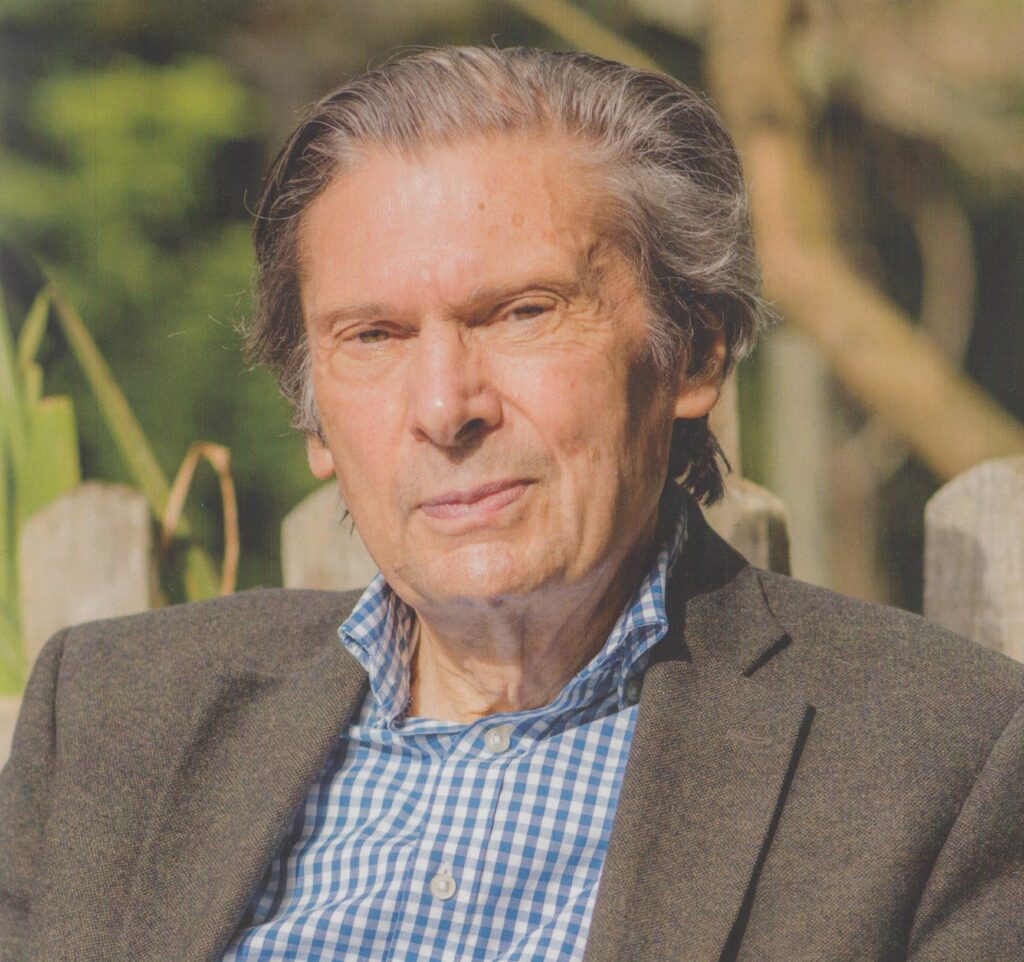
Retirement only meant that he was no longer paid for his research, which continued unabated until his final weeks. Michael also wrote numerous articles for a large variety of publications during his long career. His last was a review of Adrian Desmond’s extraordinary Reign of the Beast: The Atheist World of W. D. Saull and his Museum of Evolution, written for and published by this magazine. He was hugely enthusiastic about this monumental book, which helps uncover the work of an individual, unheralded in his own time, whose ideas were to help fashion the modern world. That was right up Michael’s street.
On a personal note, I am indebted to him for his generous advice, insights, and extraordinary memory for detailed aspects of freethought history and bibliography. Whenever my thoughts and understanding became tangled or confused, I could always rely on Michael to shine light, bring clarity, and straighten things out.
Michael’s funeral service took place on 19 June at the London Crematorium, part of the London Cemetery. His grandchildren and daughter offered heartfelt tributes and spoke of the way he had inspired their love of learning. The service was suffused with music, particularly the jazz that Michael enjoyed.
As it happens, and perhaps appropriately, the founder of the Freethinker, G.W. Foote, was cremated in the same place 110 years ago.


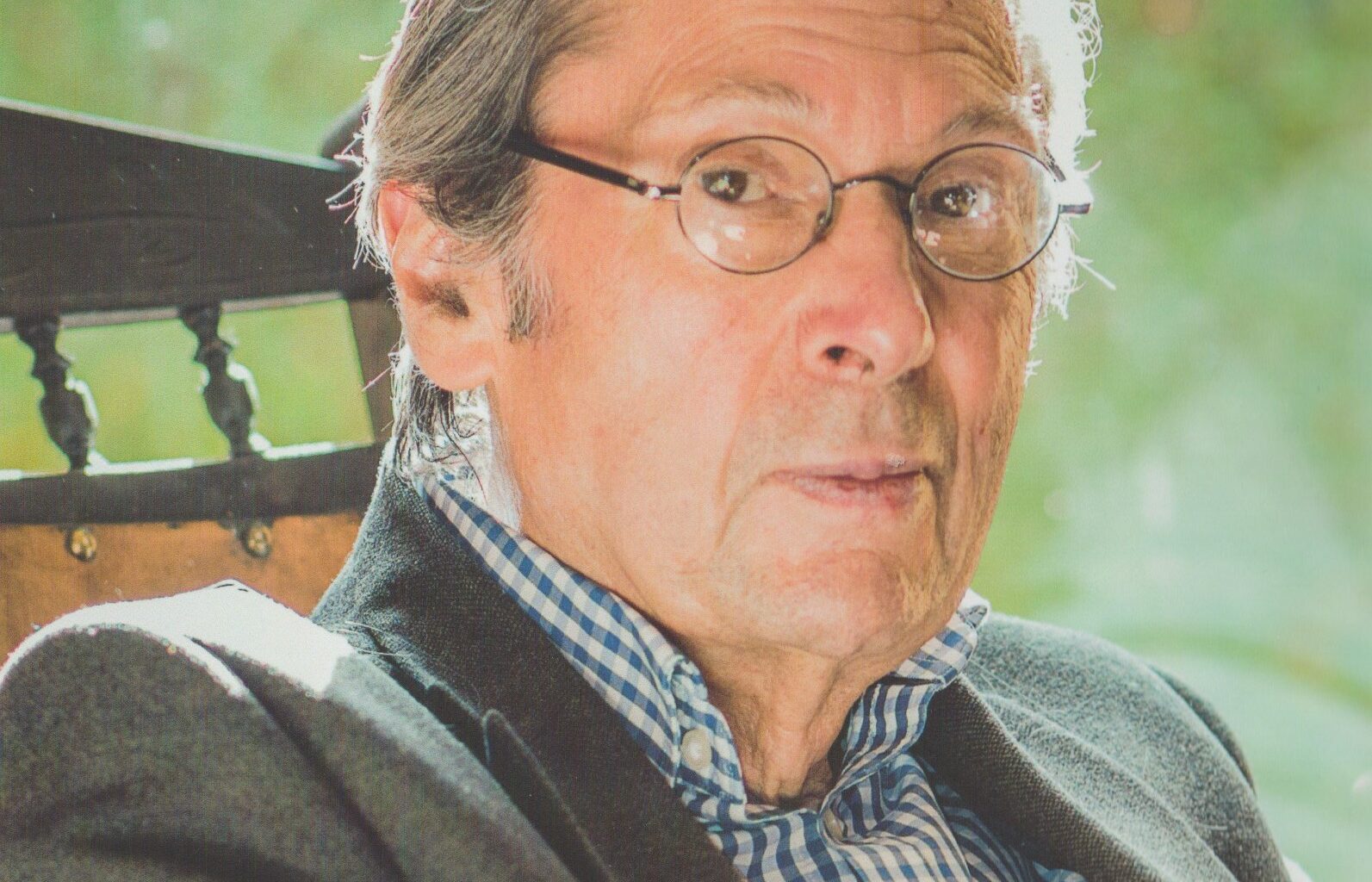
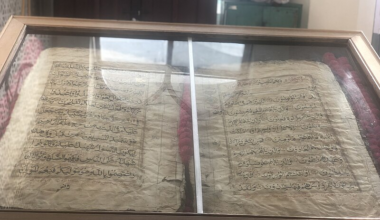
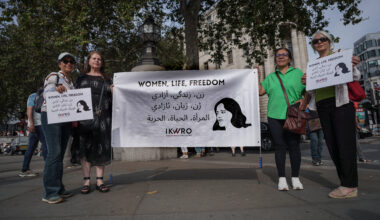
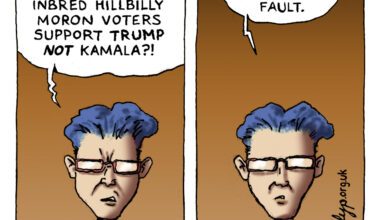
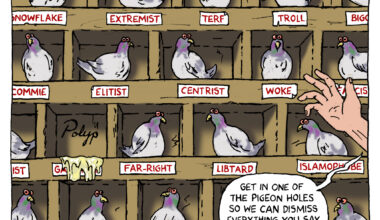
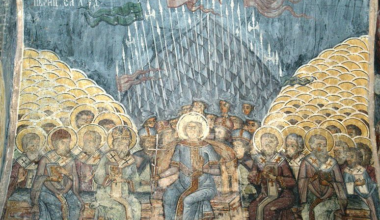
Your email address will not be published. Comments are subject to our Community Guidelines. Required fields are marked *
Donate